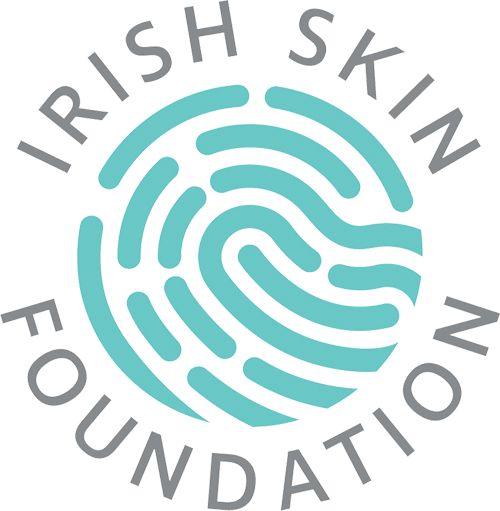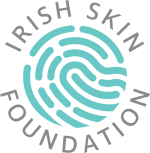 A solid Foundation of skin support
A solid Foundation of skin support
David McMahon, CEO and Carmel Blake, clinical manager and dermatology nurse, the Irish Skin Foundation, discuss the role of the organisation and the supports that are available to those who are experiencing problematic skin conditions
David McMahon, CEO and Carmel Blake, clinical manager and dermatology nurse, the Irish Skin Foundation, discuss the role of the organisation and the supports that are available to those who are experiencing problematic skin conditions

A solid Foundation of skin support
David McMahon, CEO and Carmel Blake, clinical manager and dermatology nurse, the Irish Skin Foundation, discuss the role of the organisation and the supports that are available to those who are experiencing problematic skin conditions

In the eight years that the Irish Skin Foundation (ISF) has been in existence, the national charity has helped to support thousands of people with skin disorders by providing up-to-date specialist guidance, running specific skin-condition events, engaging in advocacy for people with skin disease and creating successful awareness campaigns around educating the general public on skin conditions in Ireland.
“Most importantly, our Helpline provides public access to our specialist nurses, who work in hospitals during the day and give guidance and support to our callers in the evenings,” says David.
“Our model is set up so that we can arrange one-to-one appointments with hospital-based dermatology nurses for those who contact us and are struggling with distressful skin conditions. We have people ringing us from both ends of the spectrum – those who may not think their issue warrants attending their general practitioner (GP) and just want some advice on how to tackle their skin problem – and then, there are those who are suffering so badly with their skin that they have suicidal ideation and are at their wits end.
Having a lifelong skin condition can become very limiting and it is essential that we are there to help people learn how to manage and treat their conditions.”
About 80 per cent of callers to the ISF Helpline have eczema or psoriasis queries and the other 20 per cent fall into splinter skin-condition groups.
About 80 per cent of callers to the ISF Helpline have eczema or psoriasis queries and the other 20 per cent fall into splinter skin-condition groups.
ACCESS TO EXPERTS
According to Carmel, the fact that all the nurses who work with the ISF are always qualified in the most up-to-date guidelines, are healthcare professionals themselves and are specifically trained in dermatology, creates a high level of trust and confidence with those who ring the Helpline.
“Because of our background, our callers know we are giving reliable, independent and up-to date guidance. We always encourage people to attend their GP first and get a medical diagnosis because this would influence the types of management and treatment that we would advise. "We don’t have a ‘typical’ caller, even though there is a tendency to think they are mostly female. Men actually feel more comfortable talking over the phone about their conditions and we also have a high level of older callers or carers who are concerned about their patient's skin health. We would hear from people who are housebound, disabled, disadvantaged, or have been managing chronic skin diseases their whole lives and it is important for them that they don’t feel like the seriousness of the condition is being dismissed. People can be steroid-phobic, are over or under-using their treatments, or just want to talk to someone about the psychosocial side of living with a skin condition. We listen with compassion and empathy and are probably helping with about 40-50 skin queries a week.”
LOOKING TO THE FUTURE
“ISF want to help more people live life symptom-free and without the burden of constant management,” says David. “We want to be a unifying voice for dermatology patients and to offer a forum where healthcare experts could engage with patients and answer their questions. The ISF wants to change the conversation surrounding skin conditions in Ireland but there’s a lot of work to do!”